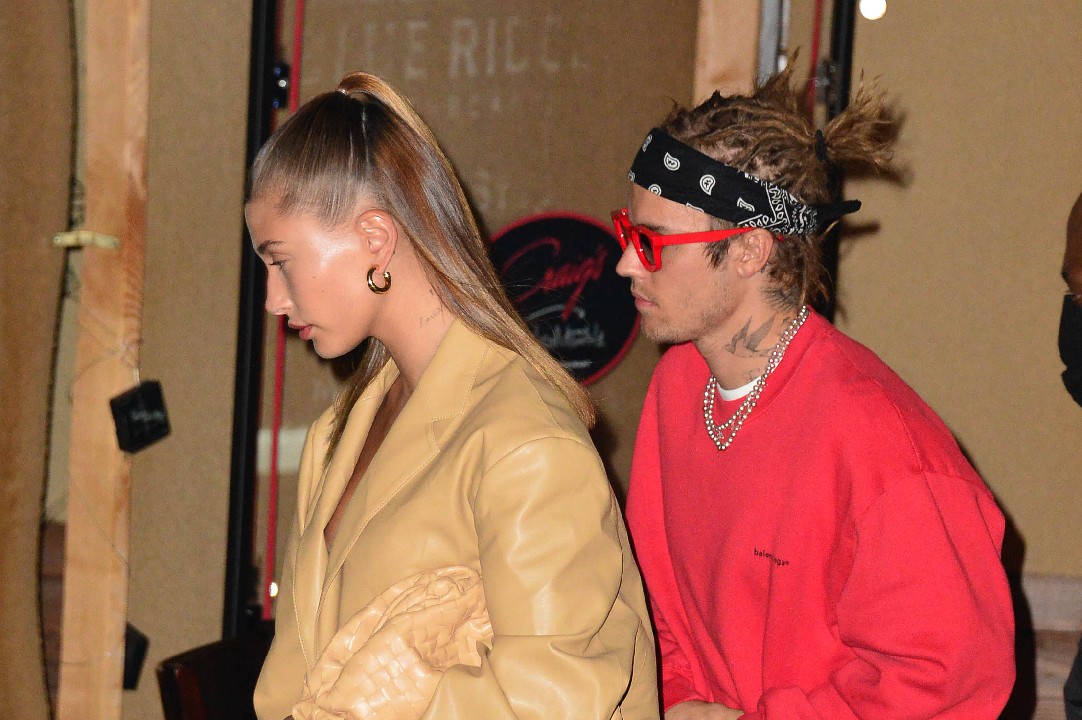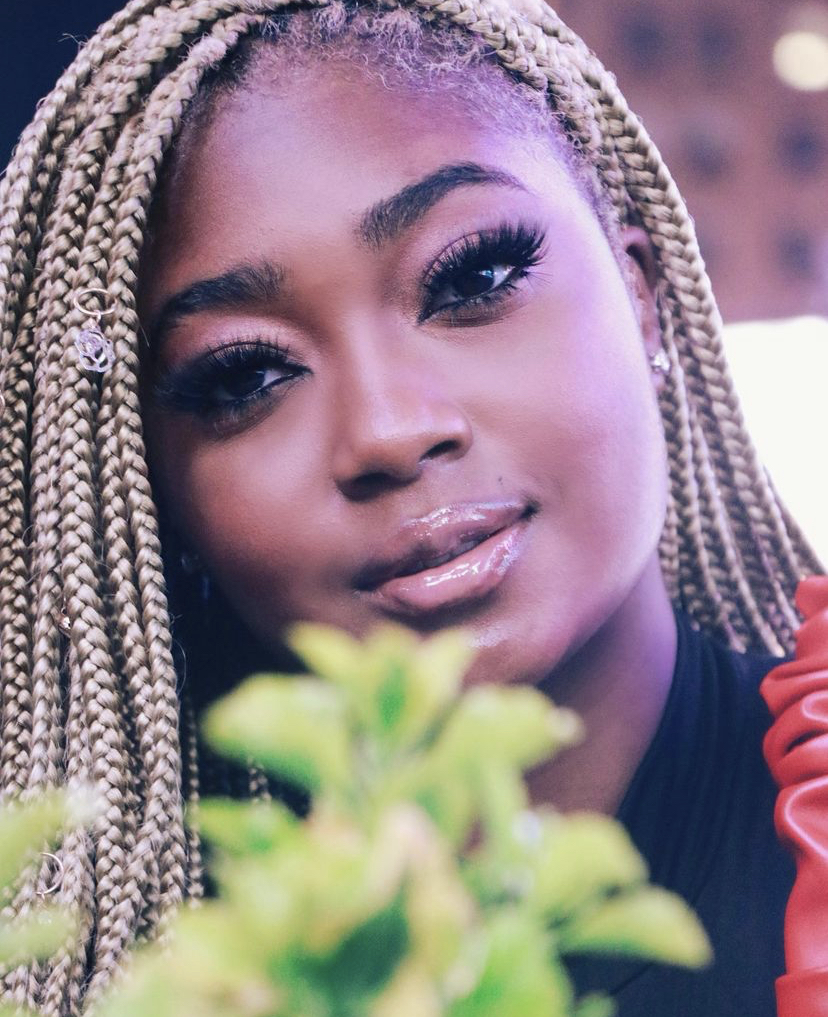

When Justin Bieber unveiled his brand-new hairdo — brassy brown and black-colored locs — alongside his wife, Hailey, in an Instagram post (captioned “Back in action” at that), it didn’t take long until he was called out for cultural appropriation. Locs are a hairstyle that is culturally significant to the African American community but this isn’t his first foray into appropriation
Dreadlocks are culturally known as a symbol of spiritual asceticism, socio-political resistance and Rastafarianism, but previously, in 2016, The Peaches singer responded to backlash over donning the style by noting, “being weird is fun.” Subsequently addressing fans who accused him of capitalizing off of Black culture, Bieber told Big Sean in a now-deleted video, “‘You want to be Black’ and all of that stuff people say. I’m like, ‘It’s just my hair.’” The exacerbated privilege yielded to white celebrities allows racial identity theft to casually roam in their insular bubbles of elitism with little to no impact on their lives of luxury. Even after years of appropriating and being called out for it, the Kardashian family still touts a lucrative billion-dollar business, record-shattering brand sales, and a seemingly formidable empire built on social acclaim.
What the pop star remains obstinately callous to is the disparate experience people color face — namely, Black people — when wearing ethnic hairstyles, and unfortunately at the intersection of racial discrimination and oppression, they aren’t able to casually say, “It’s just my hair.” In Texas, Black high schoolers with locs were barred from graduation and faced indefinite in-school suspension over school district grooming policies that banned their hairstyle. An Alabama woman, Chastity Jones was penalized in 2010 for her locs after wearing them to a job interview that would later rescind her offer over the common misbelief that the style “tends to get messy.” Even, Zendaya faced racially-charged comments on her waist-length faux-locs after gracing the red carpet at the 2015 Oscars and hearing then-E! News host Guiliana Rancic candidly point out the style looks like “she smells like patchouli oil and weed.” With blinding examples of the stark contrast in experience, the 27-year-old simply still may refuse to understand. Years ago, he fiercely defended Kylie Jenner against Amandla Stenberg who pointed out her cornrows and overlined plump lips. But hey, I guess birds of appropriation flock together, right?
Bieber’s younger years in the industry flaunt a large Black standom and Usher acted as his mentor, so his inability to comprehend his wrongdoings while in such proximity to Black culture only heightens the severity of it all. Over the summer reckoning of 2020, the musician promised to use his platform to amplify marginalized voices and earnestly fight to dismantle structural racism in the nation. In a poignant Instagram post, he wrote, “I am inspired by Black culture. I have benefited off of Black culture. My style, how I sing, dance, perform and my fashion have been influenced by Black culture.” He continued, “I am committed to using my platform from this day forward to learn, to speak up about racial injustice and systemic oppression, and to identify ways to be part of much needed change.”
Now, with the revival of his locs, these vows feel as toothless as press statements from brands who made empty statements with aims to “do better” with no tangible actions to follow. This thread of shallow activism has even followed Bieber to the release of his sixth studio album Justice in March. The pop album, filled with lustful ballads, opens to the civil rights luminary Dr. Martin Luther King Jr. reciting one of his most lauded quotes: “Injustice anywhere is a threat to justice everywhere.” Later in the album, “MLK Interlude,” a truncated version of King’s sermon, “But If Not,” is wedged between wistful tunes of love. Listeners of the album critiqued the MLK snippets as an exploitative use of the legacy of a leader who endured civil strife to lazily tell his audience that he aligns with “the movement.” In her Pitchfork review, music pundit Rawiya Kameir writes that in an era of turning Dr. King into a “convenient accessory” it is “especially jarring to hear King’s exhortation for radical sacrifice juxtaposed with a song about being horny enough to walk through fire.”
Bieber later explained that it was all in an effort “to continue the conversation of what justice looks like so we can continue to heal.” However, in the grand scheme of the intergenerational healing that the Black community shoulders, a one minute and 44-second interlude does for more Bieber’s personal gratification than the movement at large, just like his coif. The ability of non-POC to purport a commitment to the betterment of marginalized folks while simultaneously participating in behavior that reflects the direct opposite is a phenomenon that will exist until repercussions are immediate and long-lasting. Justin Bieber’s appropriation leaves no one aghast, and the reality that it is undoubtedly here to stay is a hard one to adjust to.














